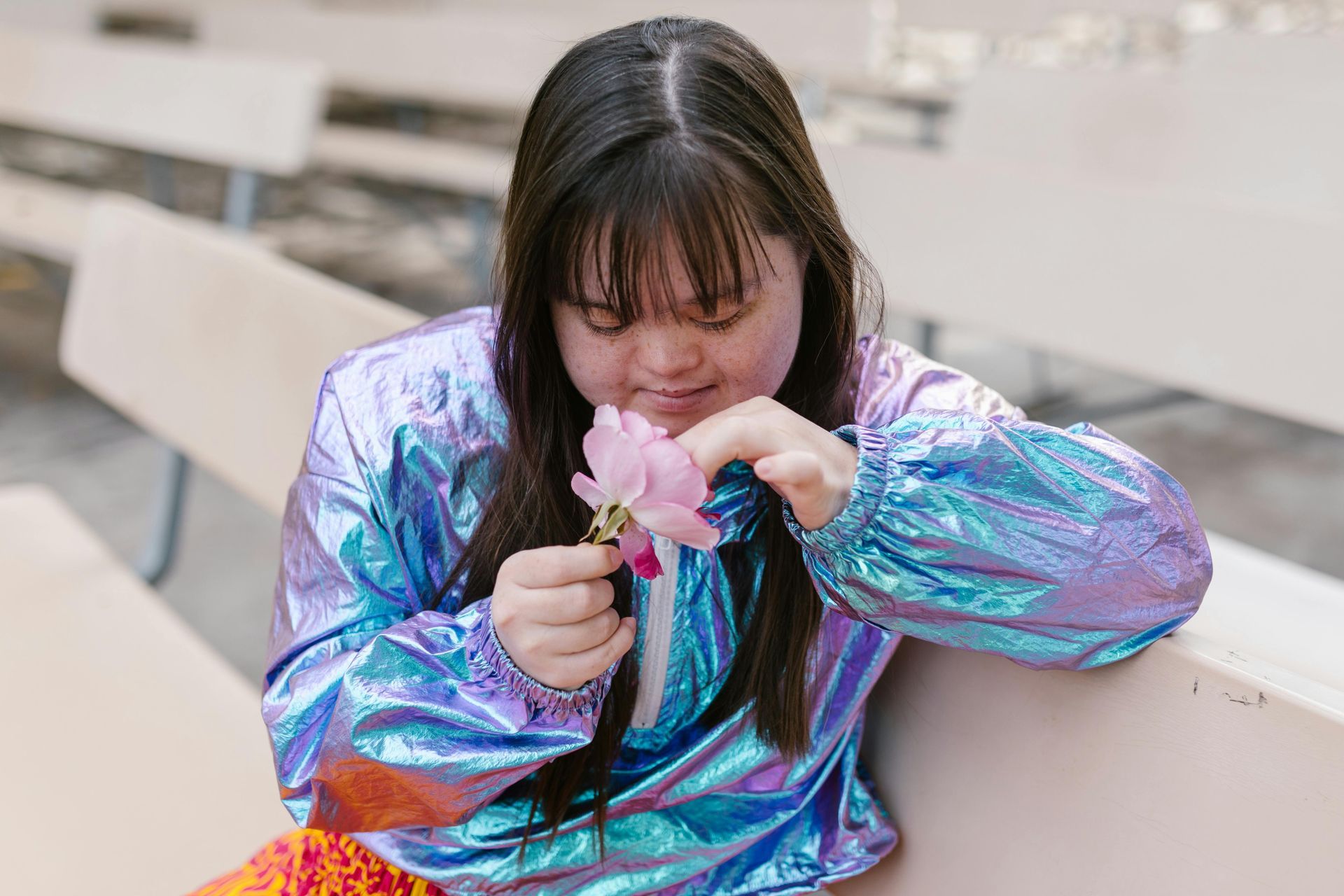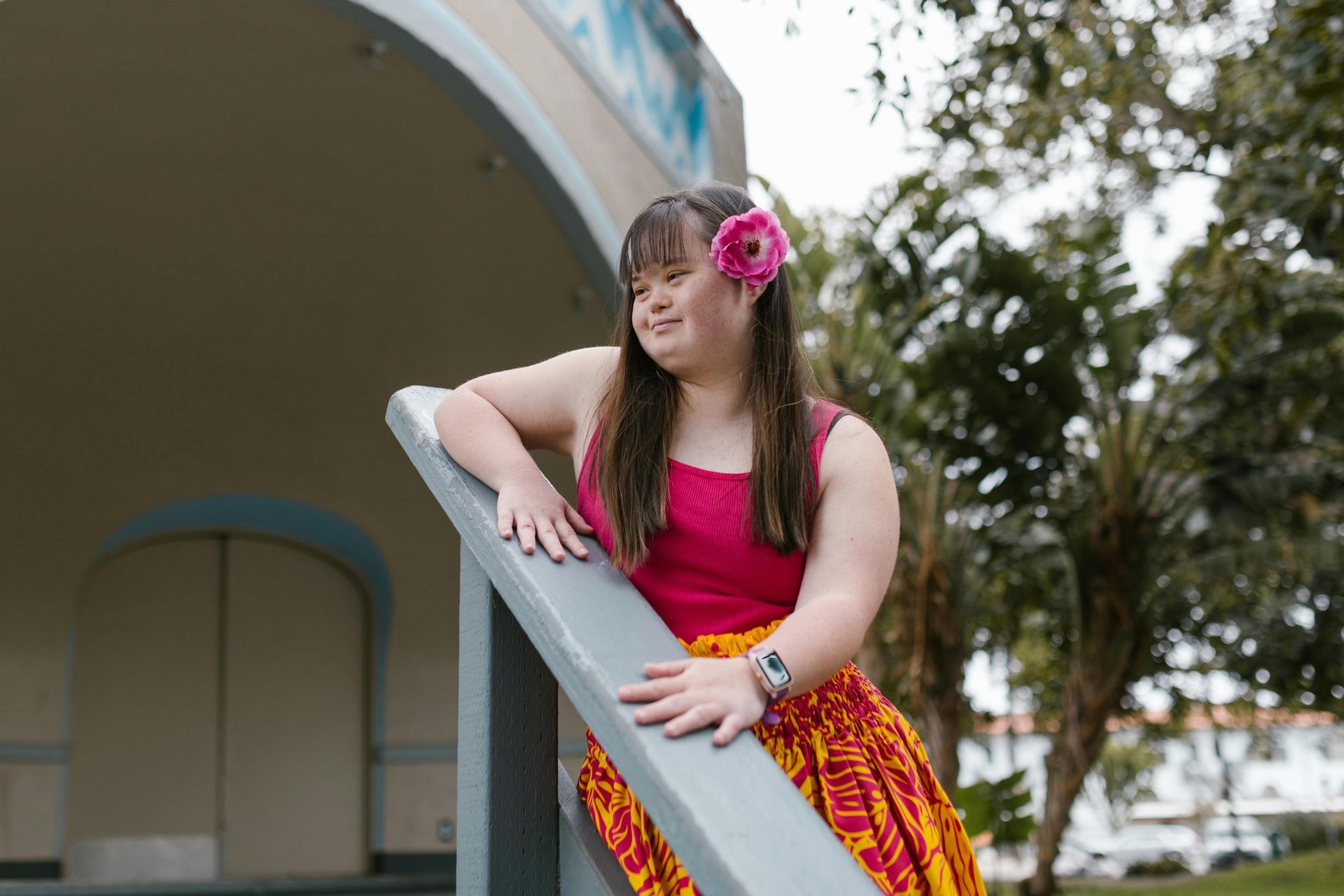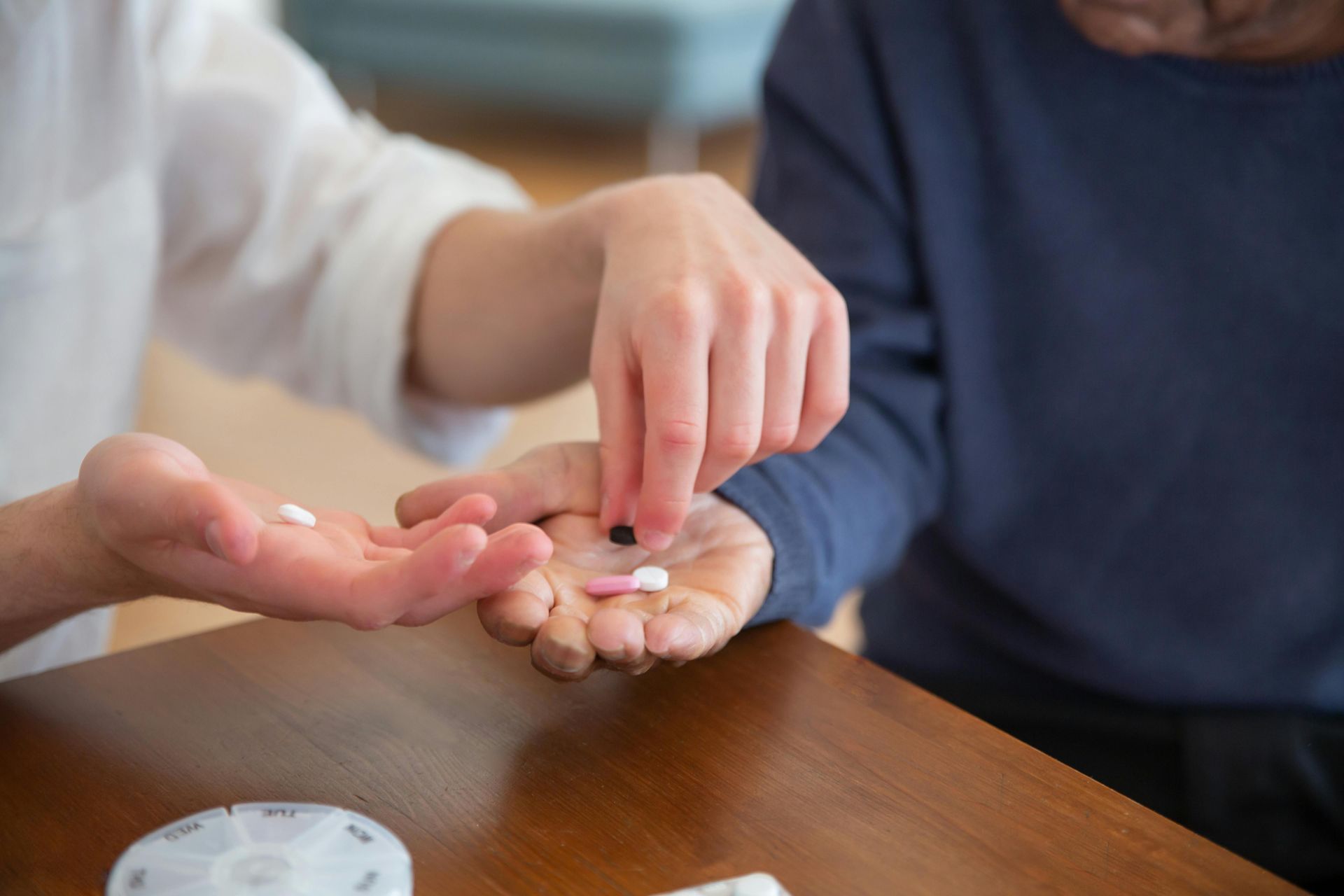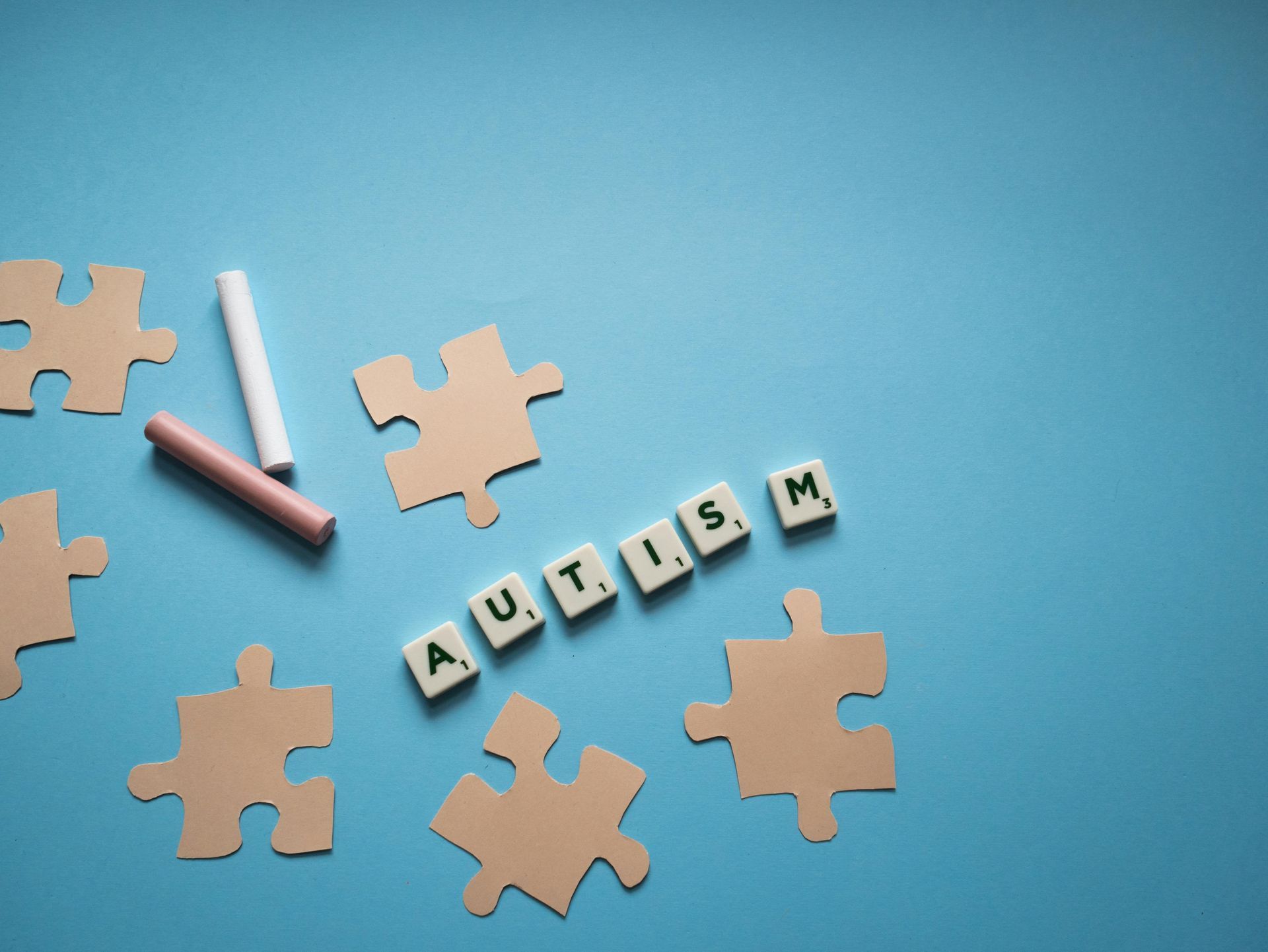Developmental disabilities affect millions of individuals in the United States, impacting how they learn, communicate, and navigate daily life. While each person’s experience is unique, early understanding and access to the right support can make a significant difference in long-term outcomes.
Down Syndrome
Down syndrome is a genetic condition caused by an extra chromosome 21. It can affect physical growth, facial features, and cognitive development. People with Down syndrome often have unique strengths, such as strong social skills and empathy, but may also face challenges in speech, motor skills, and certain medical conditions. With supportive therapies, inclusive education, and a nurturing environment, individuals with Down syndrome can thrive in school, work, and social life.
Autism Spectrum Disorder (ASD)
Autism spectrum disorder is a developmental condition that affects communication, behavior, and social interaction. The term "spectrum" reflects the wide variation in abilities and challenges experienced by people with autism. Some individuals may require significant daily support, while others live fully independent lives. Early diagnosis, individualized therapies, and sensory-friendly environments can help people with autism reach their potential and lead fulfilling lives.
Other Developmental Disabilities
Beyond Down syndrome and autism, other developmental disabilities include cerebral palsy, intellectual disabilities, and learning disorders. These conditions may result from genetic factors, complications during pregnancy, or early life events. Each diagnosis comes with its own set of strengths and challenges, but all individuals benefit from early intervention, ongoing support, and community inclusion.
The Importance of Awareness and Support
Raising awareness about developmental disabilities fosters compassion, acceptance, and equal opportunities. Communities can help by promoting inclusive schools, workplaces, and public spaces; advocating for accessible services; and offering emotional and practical support to families.
✨
Every person deserves the chance to live with dignity, purpose, and connection.
Learn more about how you can support individuals with developmental disabilities here: www.globalhandsinc.com










